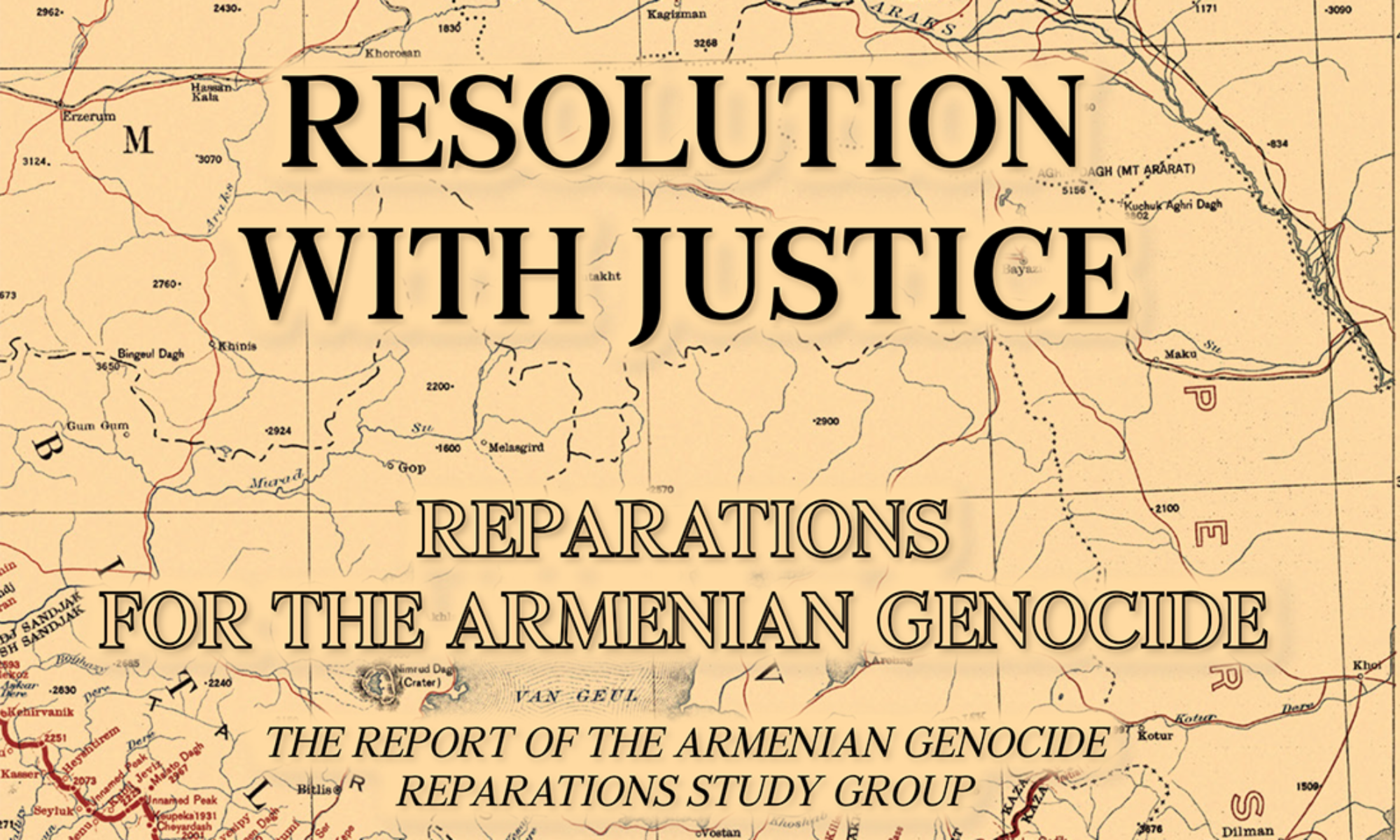
YEREVAN — An international conference entitled “The Armenian Genocide-100: From Recognition to Reparation” opened at the National Academy of Sciences of Armenia today.
The conference participants will discuss the Armenian Genocide, including its history, theory, memory, and geopolitics; legal, political and socio-political problems of reparations and elimination of the genocide’s consequences; reflection of the Armenian Genocide in literature and the arts; and cultural genocide.
The conference has been organized by the National Academy of Sciences of Armenia and Yerevan State University. It has brought together over 100 participants from Armenia, Germany, the U.S., Austria, Russia, Australia, Ukraine, Canada, Poland, and Hungary.
“This conference is to summarize all our activities and our achievements in this area of recent years. But, of course, this conference does not end studies of genocide. This problem should be a key in the coming years, especially as we move from the issue of recognition to the issue of reparation,” president of the National Academy of Sciences Radik Martirosyan said.
He also read out the address to the participants of the conference by president Serzh Sargsyan:
Dear participants of the symposium,
Ladies and Gentlemen,
I heartily welcome you on the occasion of the opening of the international symposium titled “The Armenian Genocide-100: From Recognition to Reparation.”
Back in 1916, great French writer and humanitarian Anatole France wrote: “Armenia is dying, but it will survive. The little blood that is left is precious blood that will give birth to a heroic generation. A nation that does not want to die does not die”. Yes, our nation survived, revived, rebuilt its statehood and today presents itself as a claimant that claims for justice, and this supposes a serious preparatory, including an exploratory work.
It is no accident that scientific research conferences occupy a unique place in the list of numerous events to mark the Armenian Genocide Centennial. I think today’s symposium differs in a sense that along with bearing the subheading “From Recognition to Reparation” and being devoted to conducting further in-depth research on a wide range of Armenian Genocide issues, it also lays special emphasis on the issues of eliminating the effects of that gravest crime and on the reparation thereof.
I would like to once again greet the organizers of this important symposium, the National Academy of Sciences of the Republic of Armenia and Yerevan State University, and wish the participants fruitful work.
